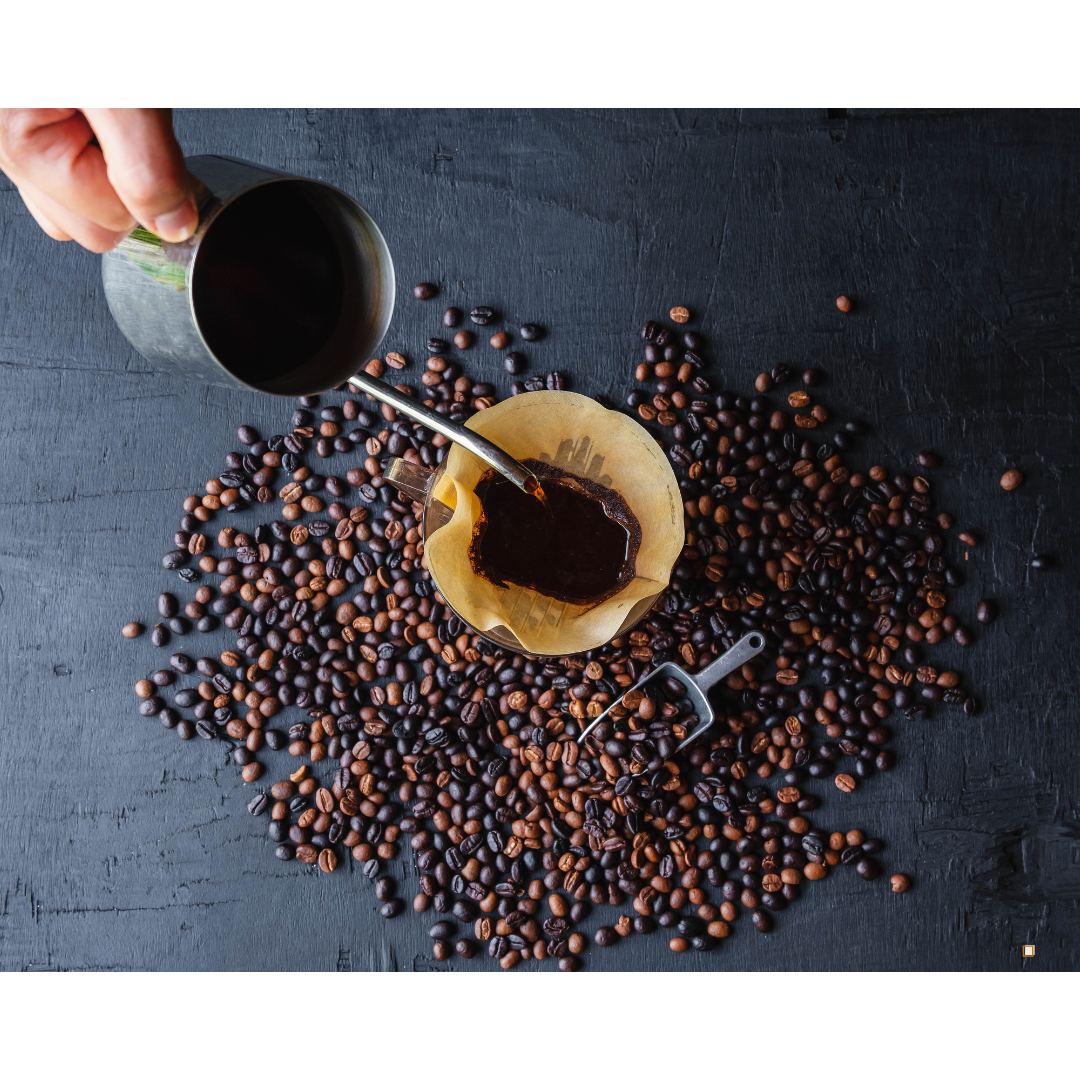
Does Whole Bean Decaf Coffee Contain Any Caffeine?
For coffee lovers seeking a flavorful brew without the jitters, whole bean decaf coffee is often the go-to choice. But a common question arises: does decaf coffee truly mean caffeine-free? The answer is a bit nuanced. While decaf coffee significantly reduces the caffeine content compared to regular coffee, it typically retains a small amount of caffeine. Here, we’ll explore what goes into the decaffeination process, how much caffeine remains, and why whole bean decaf coffee can still be the perfect option for those looking to reduce their caffeine intake.
Understanding the Decaffeination Process
Decaffeination removes most of the caffeine from coffee beans, but no process can extract 100% of it. On average, decaf coffee contains about 2 to 5 milligrams of caffeine per 8-ounce cup, compared to the 95 milligrams in a regular cup of coffee. While this amount is negligible for most, it’s essential to understand how it gets there.
The decaffeination process usually occurs before roasting, when the beans are still green. There are several methods for removing caffeine, each with its own approach to preserving flavor:
-
Swiss Water Process
This chemical-free method uses water to extract caffeine while retaining the coffee’s flavor compounds. Beans are soaked in water, which dissolves the caffeine. The caffeine-laden water is then passed through a carbon filter to remove the caffeine before being reintroduced to the beans. This eco-friendly process is popular for its ability to maintain the coffee’s natural taste. -
CO2 Process
In this method, liquid carbon dioxide is used to extract caffeine from the beans. It’s a highly efficient process that is often used for large-scale decaffeination while maintaining the integrity of the beans’ flavor. -
Solvent-Based Methods
These involve the use of food-safe solvents like ethyl acetate or methylene chloride to remove caffeine. Afterward, the beans are thoroughly washed and dried to eliminate any remaining solvents. While effective, this method may not appeal to those seeking a completely chemical-free option.
Why Is There Still Caffeine in Decaf Coffee?
Despite the decaffeination process removing the majority of caffeine, trace amounts remain due to the nature of the beans and the methods used. Factors like the type of coffee bean, its origin, and the specific decaffeination method all influence how much caffeine is left.
For example, robusta beans naturally contain more caffeine than arabica beans, so a decaf made from robusta beans may have a slightly higher caffeine content. Similarly, decaffeinated coffee blends might include beans processed using different methods, resulting in slight variations in caffeine levels.
How Much Caffeine Is in Your Decaf?
The amount of caffeine in decaf coffee can vary slightly depending on the source and preparation method. Here’s a general breakdown of caffeine content:
- 8-Ounce Cup of Drip Decaf Coffee: 2-5 milligrams
- Espresso Shot (Decaf): 0-3 milligrams
- Cold Brew Decaf Coffee: Slightly higher due to the longer steeping process, around 5-10 milligrams per cup.
For comparison, other common sources of caffeine include:
- Regular Coffee: 80-100 milligrams per cup
- Black Tea: 30-50 milligrams per cup
- Soda: 30-40 milligrams per can
Even though decaf coffee isn’t entirely caffeine-free, its minimal caffeine content makes it a suitable choice for those with caffeine sensitivity or those looking to cut down on their intake.
Who Benefits from Decaf Coffee?
Decaf coffee isn’t just for people avoiding caffeine altogether—it’s also an excellent option for anyone who loves the taste of coffee but wants to enjoy it at any time of day. Here are a few examples of who might benefit from choosing decaf:
-
Caffeine-Sensitive Individuals
For people who experience jitters, anxiety, or sleep disturbances from caffeine, decaf provides a way to enjoy coffee without the negative side effects. -
Evening Coffee Drinkers
A warm cup of coffee in the evening can be relaxing, but the caffeine in regular coffee may interfere with sleep. Decaf allows coffee lovers to enjoy their evening ritual without compromising rest. -
Health-Conscious Consumers
Even for those who enjoy regular coffee, incorporating decaf into their routine can help manage overall caffeine consumption and balance their daily intake.
Enhancing Your Decaf Coffee Experience
To make the most of your decaf coffee, focus on freshness and flavor. Whole bean options allow you to grind your coffee just before brewing, preserving its aromatic oils and vibrant taste. Pair your decaf with different brewing methods to discover how it shines in various preparations, from French press to pour-over.
Experimenting with water quality, grind size, and brewing time can also help you achieve a balanced, delicious cup. Decaf coffee, when brewed with care, is just as satisfying as regular coffee and offers its own unique flavor profiles to explore.
Why Whole Bean Decaf Coffee Is a Great Choice
While decaf coffee may contain a small amount of caffeine, the levels are minimal compared to regular coffee. For those seeking a flavorful, caffeine-conscious option, whole bean decaf coffee is the perfect solution. At Frontier Coffee Roasters, we specialize in crafting high-quality decaf options that retain their natural taste and complexity. Our carefully sourced and expertly roasted beans deliver a rich coffee experience without the buzz. Explore our decaf collection and enjoy coffee on your terms—any time of day.

